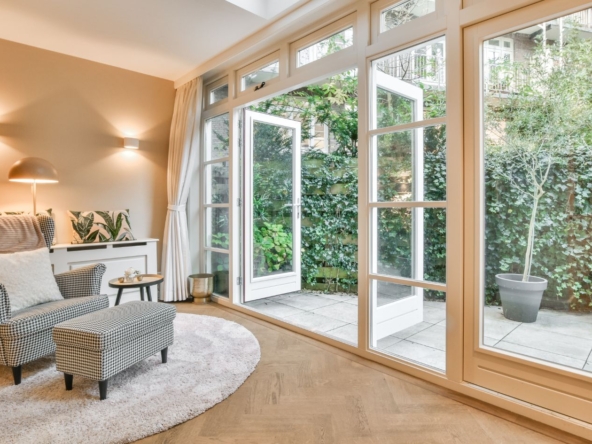Divorce is not only an emotional upheaval but also a critical time for making thoughtful decisions about your housing situation. Understanding the implications of each choice on your living arrangements, finances, and overall well-being is crucial. Here’s a guide to help you navigate through these challenging times with clarity and purpose.
Evaluating Your Housing Options During Divorce
When facing divorce, your home is often one of the largest joint assets, and deciding what to do with it can significantly impact both parties’ financial stability. Here are the four primary housing options available during a divorce:
- Sell the House and Divide the Proceeds Selling the home and splitting the proceeds is a common decision. It’s essential to maximize the sale price to ensure both parties walk away with the most financial support possible. Consider the costs of selling, such as agent fees and repairs, and how the proceeds will be divided, which might not always be equal depending on the divorce settlement and other factors like initial downpayments and local property laws.
- Buy Out Your Spouse Keeping the home and buying out your spouse’s share is another option. This choice requires careful financial planning, especially if you previously relied on dual incomes to manage mortgage payments. Refinancing could be necessary, and qualifying on a single income can be challenging.
- Have Your Spouse Buy You Out Alternatively, if you decide to leave the family home, receiving a buy-out from your spouse can provide you with the funds to start anew. However, if the mortgage isn’t refinanced, remember that you could still be liable for the loan, which might complicate your ability to secure future housing.
- Retain Joint Ownership Some couples choose to keep joint ownership of the home post-divorce, often when market conditions aren’t favorable for selling or when other personal factors come into play. This arrangement can offer temporary stability, but it’s important to stay informed about ongoing financial obligations and tax implications that might affect you later.
Making the Decision to Sell
If selling the home is the chosen route, cooperation between both parties is vital for a successful sale. Even amidst personal differences, it’s beneficial for both parties to engage actively in the listing and negotiation processes to ensure that the property sells for its maximum value.
Planning Your Next Move
After the home is sold or one party has been bought out, the next step is to secure your new living arrangement. Use the proceeds or buy-out funds to establish a budget for your next home. Consider what type of property will best suit your new lifestyle and financial situation. Consulting with a real estate agent who offers a house-hunting service can be invaluable in finding a home that meets your new needs and preferences.
Conclusion
Navigating housing decisions during a divorce requires a balance of emotional and financial considerations. By understanding each option and its implications, you can make choices that support your long-term financial health and personal happiness. Remember, seeking advice from financial and real estate professionals during this time can provide guidance and help you avoid common pitfalls, setting you on a path to a secure future.






